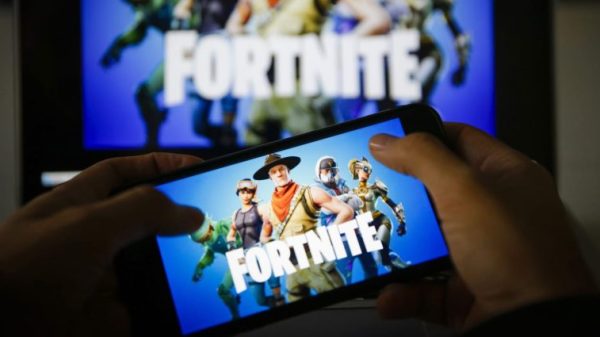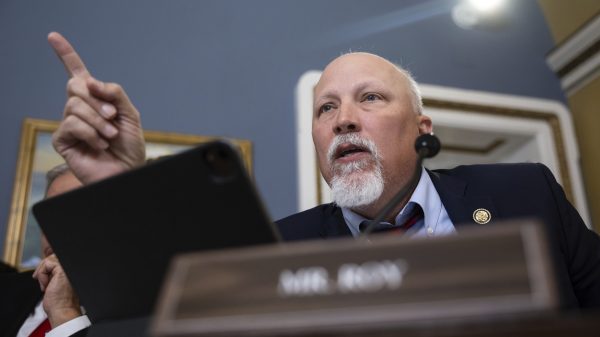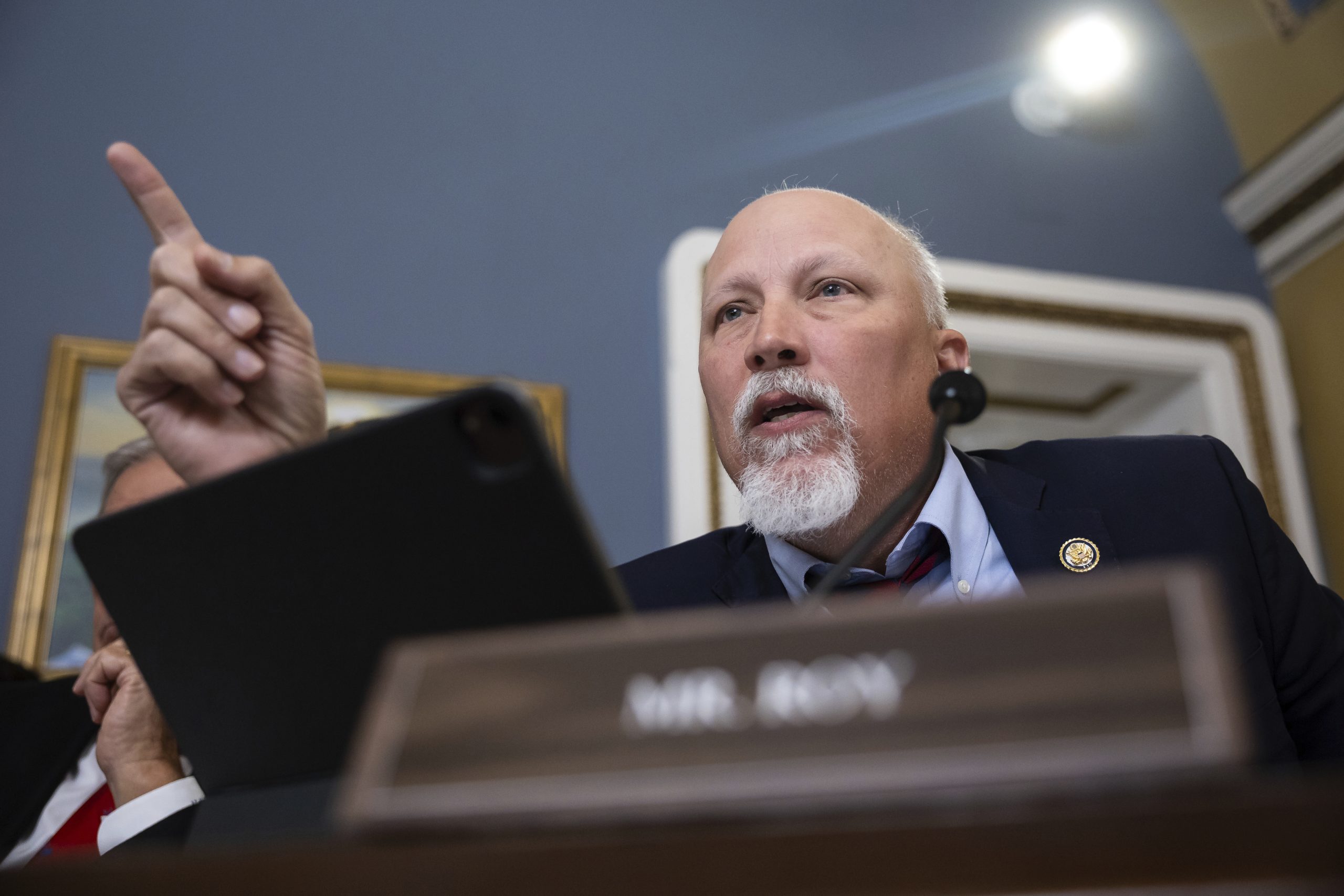House Republican leaders appear to have won support from key moderates by backing off the most controversial proposals to overhaul Medicaid — but it has created new risks for the GOP’s domestic policy megabill.
Fierce pressure is now building from hospitals and clinics to the Medicaid cuts that have survived while conservative hard-liners are threatening to withhold their votes if they don’t get deeper trims to the safety-net program.
It adds up to a bumpy road ahead for the House Energy and Commerce Committee as it prepares for a marathon meeting to advance the legislation Tuesday afternoon.
The proposal unveiled by Chair Brett Guthrie (R-Ky.) would not slash federal reimbursement rates in most cases or impose per-capita caps on payments to states, but it would likely force states to revamp how they finance their programs or cut benefits. A preliminary Congressional Budget Office estimate requested by Democrats found that more than 8.6 million people would go uninsured if the health portions of the GOP’s party-line package become law.
While such significant changes to Medicaid could face significant resistance in the Senate — Sen. Josh Hawley (R-Mo.), for example, wrote in a New York Times op-ed Monday that big Medicaid cuts are “morally wrong and politically suicidal” — Guthrie appears to have the votes he needs to make progress this week.
Rep. Nick Langworthy (R-N.Y.), an Energy and Commerce member who had been wary of deep cuts to Medicaid, praised the “bold” proposal in a social media post Monday, saying it “achieves our top priorities: protecting Medicaid for those who genuinely need it.”
So did Rep. Gabe Evans (R-Colo.), another panel member who said the legislation, “follows through on Republicans’ promises to cut waste, fraud, and abuse while protecting coverage for Colorado’s most vulnerable populations.”
“The critics will spread fear about cuts for political purposes, so let me clear: this bill allows Medicaid spending to increase year-over-year for the next ten years,” he added.
Once past the committee, however, the legislation faces a whirlwind of threats on the House floor, where opposition from any three Republican members could sink the entire sweeping package of tax cuts, border security enhancements, defense plus-ups and more.
A key leader of the hard-right bloc, Rep. Chip Roy (R-Texas), said in social media posts Monday that Guthrie’s proposal doesn’t offer “ANY transformative changes” to Medicaid, “among MANY [other] problems.“
“We will need SIGNIFICANT additional changes to garner my support,” Roy added.
And it remains to be seen if a broader group of swing-district Republicans would be swayed by the proposal. Guthrie has made the case that the legislation would preserve Medicaid for the most vulnerable instead of “capable adults who choose not to work,” but Democrats are prepared to weaponize coverage-loss predictions and potentially major impacts on state budgets to pressure potential GOP holdouts.
“The Republicans are trying to say this is a moderate bill,” ranking member Frank Pallone (D-N.J.) told reporters Monday, referring to the proposals GOP leaders opted not to include. “Nothing could be further from the truth.”
A mounting pressure campaign from health care facilities could be especially influential; many Republicans have cited the potential for hospital and clinic closures in expressing wariness about deeper cuts. While worst-case scenarios did not come to fruition, providers are arguing the proposed policies would still have devastating impacts.
The National Association of Community Health Centers is blanketing Capitol Hill for a fly-in Tuesday, and hospital groups are issuing blistering statements. Hospitals are major employers in many members’ districts and can have significant sway over members’ votes.
“Congressional Republicans and President Trump rightly pledged to protect Medicaid benefits and coverage — this bill fails that test,” said Chip Kahn, president of the Federation for American Hospitals, in a statement. “It is imperative Republicans go back to the drawing board; too many lives depend on it.”
“Congress has a moral obligation to consider the harm that such disastrous cuts would have on America’s health safety net,” added Sister Mary Haddad, the Catholic Health Association CEO.
Some blue state governments also warned about coverage losses and crushing fiscal impacts. Sarah Adelman, commissioner of New Jersey’s Medicaid agency, said the proposal “would cut people off from coverage and take vital funding away from New Jersey” by curtailing provider taxes, a common practice states use to finance their Medicaid programs.
She also said that punishing states for using their own funding to offer coverage regardless of immigration status is “cruel and short-sighted.”
The Greater New York Hospital Association also slammed the bill, arguing in a statement that work requirements could lead to 1.6 million people to lose coverage in the state. The group also projected New York would lose $1.6 billion in federal funds from the cut to expansion funding for coverage of undocumented immigrants. New York is one of 14 states that use state funds to cover undocumented children.
Republicans, meanwhile, are accusing Democrats and their allies of fear-mongering about the impacts. They are feuding, for instance, over one CBO estimate Democrats used to claim the legislation would lead to 13.7 million more people going uninsured — an estimate that included coverage losses attributable to the potential expiration of enhanced subsidies for Affordable Care Act, something Republicans never meant to address in the party-line megabill, even if they are skeptical about extending them.
“Democrats are pedaling incorrect reports that include policies that aren’t even in the bill,” Guthrie said in a statement. “It is reckless that my colleagues on the other side of the aisle claimed an artificially high number in alleged coverage loss just so they can fear monger and score political points.”















